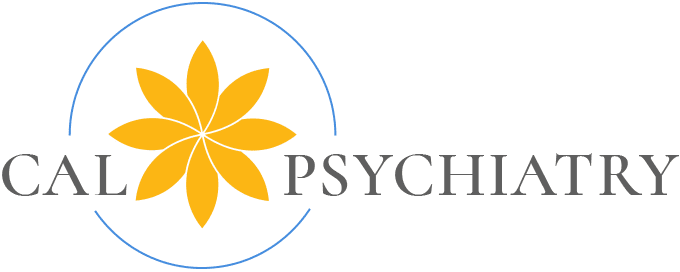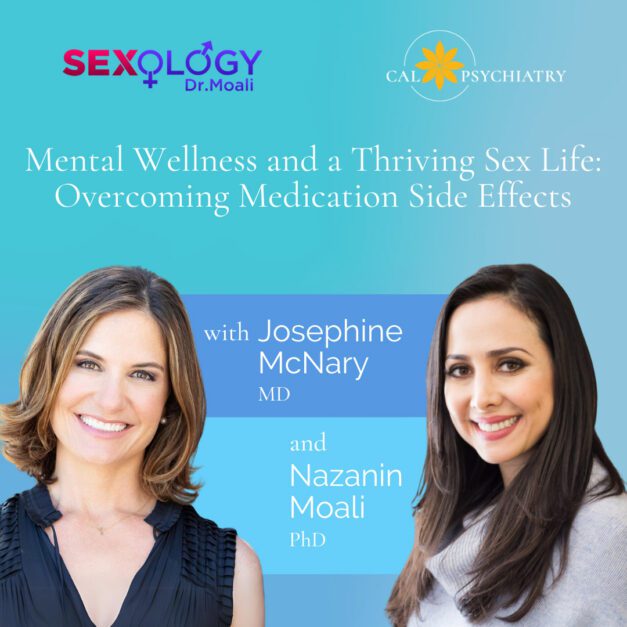A large, randomized-control study out of New Zealand demonstrated that supplementation with a specific probiotic strain in the post-partum period was associated with significantly lower depression and anxiety scores in mothers. While more research is needed to definitively recommend this as a viable treatment, it certainly is an exciting finding that further highlights the gut-brain connection.
Major depression in the post-partum period is a serious condition that affects around 10-20% of new mothers. We have discussed in past articles how to discern the difference between the “maternal blues” and signs of a more serious condition like post-partum depression (see link here https://calpsychiatry.com/the-difference-between-postpartum-depression-and-baby-blues/). Clinically apparent anxiety (often in the form of new onset generalized anxiety disorder or OCD) Is also highly comorbid with depression. Screening women for depression and anxiety in the post-partum period is critical and helping them get connected to treatment is important for the health of mom and baby. Many women, however, are hesitant to take medication, and it can take a few weeks for medication to take effect. To this end, researchers are constantly looking for viable ways to treat post-partum depression and anxiety that are safe and cost-effective. Enter probiotics.
Probiotics are healthy bacteria strains usually taken in capsule form that are readily available over the counter. While their proven indications are limited, proposed indications continue to be suggested for various conditions from irritable bowel syndrome to eczema. In this study, researchers randomly assigned women to a group that received a probiotic or placebo. The women were alike in age, number of previous pregnancies, education level and neither the women nor the researchers knew what group the women had been assigned to in the study. Women were then asked to complete questionnaires at 6- and 12-month post-partum intervals screening them for anxiety/depression. The women assigned to the probiotic group had significantly lower rates of depression and anxiety, even when other variables were controlled for in data analysis. One criticism of the study is that it was “retrospective.” This means the women had to remember how they were feeling in the past when they were completing the survey at the 6 and 12-month mark. This might have led to women not properly reporting their symptoms and a false elevation or decrease in scores. Nevertheless, this study was the first of its kind to look at probiotic supplementation in the post-partum period as a potential avenue for treatment of maternal mood disorders.
As stated above, more research needs to be done before probiotics can be recommended to help prevent or treat maternal depression or anxiety in the post-partum period. Yet, it is always exciting when new forms of treatment that are more holistic in nature show promise. At CalPsychiatry, our physicians know that there is more to you and your treatment than a simple pill. We can help develop a treatment plan that incorporates safe, well-studied holistic forms of treatment that can supplement more traditional approaches (such as therapy and/or medication if indicated). Call or go online today and book a consultation with us and start living your fullest life!
And check out this podcast episode with our founder, Dr. Josephine McNary, and CalPsychiatry physician Dr. Marguerite Maguire where they discuss the treatment of mood and anxiety disorders in pregnancy.





